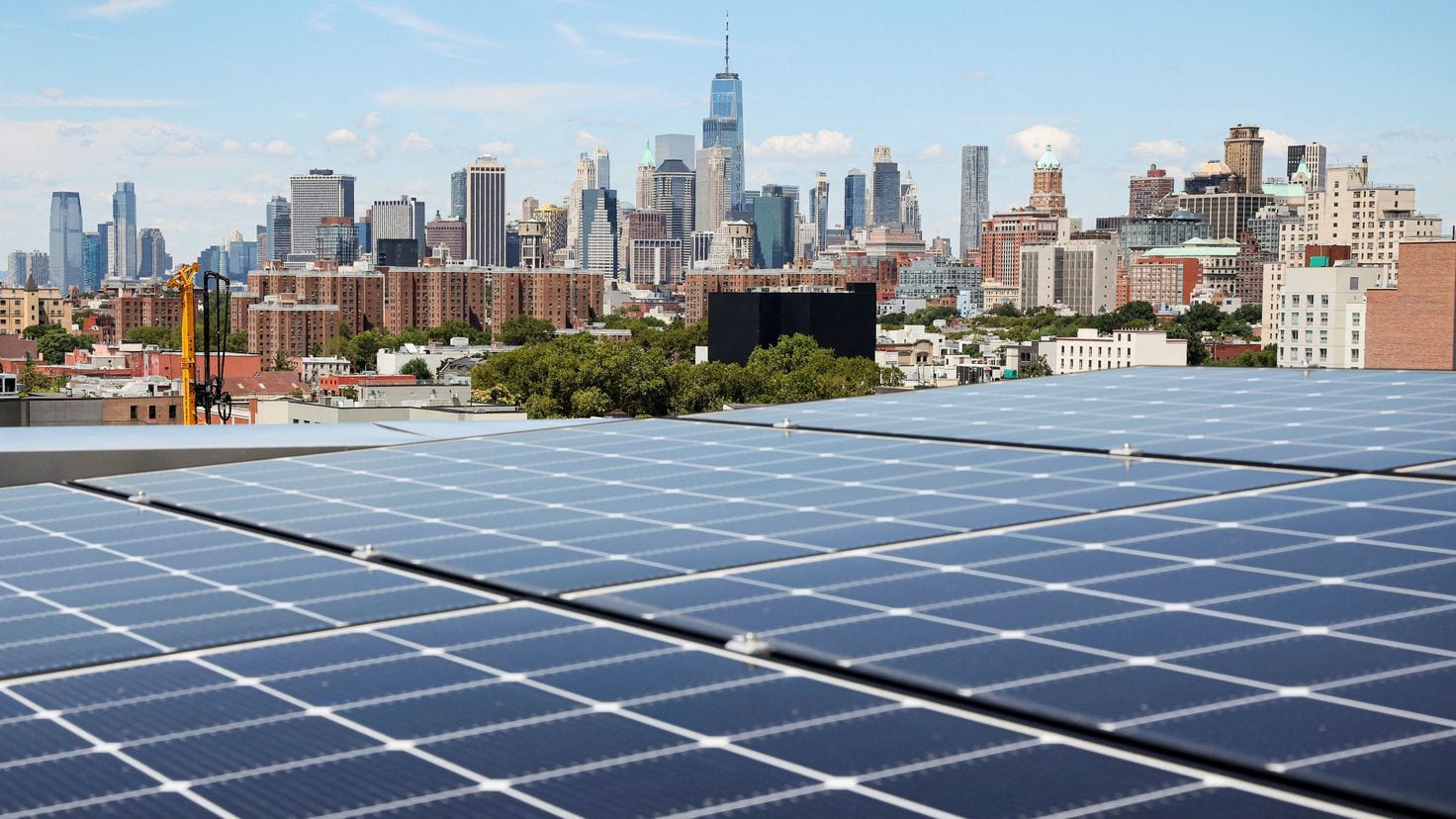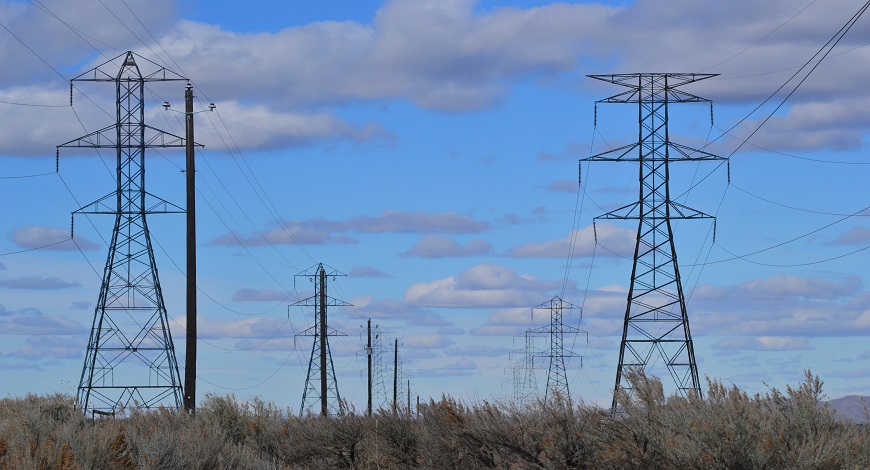Boosted Residential Clean Energy Credit
The Residential Clean Energy Credit gets a 30% boost under the Inflation Reduction Act, offering taxpayers substantial incentives for investing in solar panels. The bipartisan bill passed by the US Congress in 2022 focuses on increasing investments in the country and includes provisions to enhance tax credits for energy-saving improvements.
Enhanced Tax Credit and Duration
Previously set at 26% in 2020 and 2021, the tax credit for new solar panels installations increased to 30% starting in 2022. This enhancement falls under the Residential Clean Energy Credit, providing an attractive opportunity for homeowners and businesses. The increased credit will be available until 2032, gradually decreasing in the subsequent two years and expiring in 2035.
Requirements for Claiming the Tax Credit
To claim the tax credit, taxpayers must include the cost of installing solar panels in their income tax return. The credit, non-refundable in nature, directly reduces federal income taxes by the claimed amount. Although any excess credit cannot be refunded, unused portions can be carried over to the following tax year.
Eligibility Criteria and Additional Considerations
The IRS outlines eligibility for the tax credit, covering properties like houses, houseboats, mobile homes, cooperative apartments, condominiums, and manufactured homes. Certification for performance from the Solar Rating Certification Corporation or a comparable entity endorsed by the state is necessary. The property, although not required to be the primary residence, must be used solely by the taxpayer.
Expenses considered for the credit include solar panels or cells, contractor labor costs for preparation, assembly, or installation, the balance of the equipment system, and energy storage devices with a capacity of three kilowatts per hour or greater (for installations after December 31, 2022). Sales taxes on eligible expenses are also included. Importantly, rebates received from utility companies must be subtracted from the total expenditure, affecting the credit value. However, state rebates do not impact federal tax claims.
Source:en.as.com





